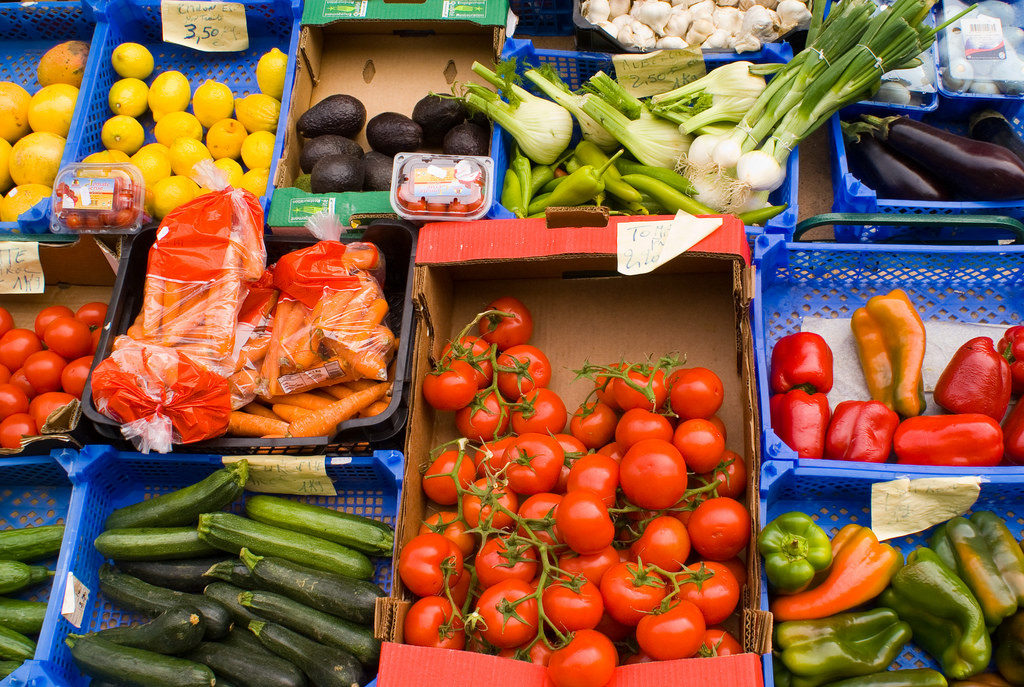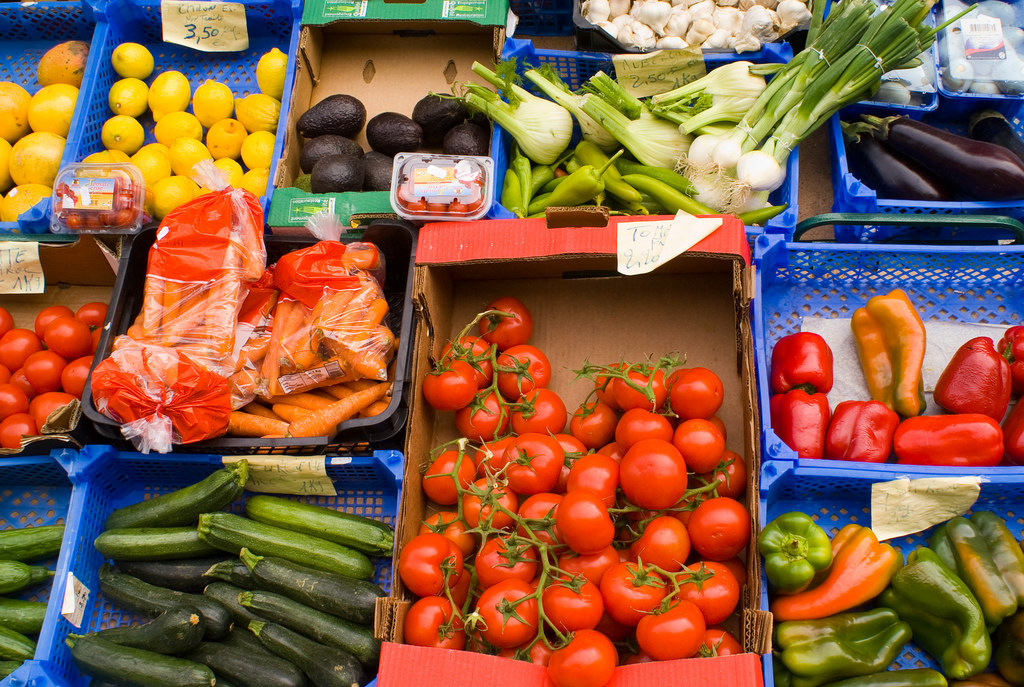
Photo Credit: Flickr/*Patrick
As a single young professional living in Boston, I often find myself dreading my bi-weekly trips to my local grocery stores. It’s not that I have trouble planning healthy meals for one and I’m not scared of the large crowds that gather at the self-checkout lines to buy enough food to survive the apocalypse – I mean the next snowstorm. Rather, I find myself staring at the codes on food labels wondering what exactly they mean. And, I’m conscious of over-purchasing fresh food and then having leftovers and food waste.
Unlike a bad date with the wrong guy, the good and bad dates marked on food products are less obvious to me. What is the difference between “best by” and “sell by” dates? How long does fresh food actually keep if it sits out on my counter? How long does prepared food stay safe to eat in my fridge?
For clarity, I sought advice from Sasha Purpura, Executive Director of Food For Free, a Cambridge-based food rescue organization that works to combat hunger and minimize food waste across the state. Food for Free rescues food and redistributes it to those who might otherwise go without fresh, healthy food. Food waste is the largest source of solid waste in landfills, which when decomposing produces methane gas – a leading pollutant and contributor to climate change. At once, Food For Free is helping to bring nutrition to people while helping to preserve and protect the planet.
Here is what Sasha had to say:
AE: What is the difference between the “best by” and “sell by” dates?
SP: Funny you should ask. What’s the difference between “best by,” “freshest before,” and “expires?” These dating labels are all fairly arbitrary and can be very different for the same product, produced on the same day, by different brands. I believe the intended difference between “sell by” and “best by” is that there would be some (arbitrary) number of days between when the product is sold and it is still considered “fresh.”
AE: Which expiration dates actually mean something? Or, should I ignore them all?
SP: My understanding is they are all fairly arbitrary and there are no regulations around how they should be set. I also understand that there is no relationship between these dates and food safety. My advice is ignore them, smell the food and if it smells (or tastes) funny, don’t eat it. If it doesn’t, enjoy!
AE: Who determines each of these dates – food production companies or the government?
SP: Food production companies! It’s a fantastic tool for increasing sales. Food gets thrown out by the distributor/retailer and/or consumer as it approaches these dates and then that organization or person needs to buy more.
AE: How long does food actually last?
SP: It completely varies depending on type of food and how it’s stored. Canned food… typically forever. Even frozen meat can last years. The issue is that flavors may diminish overtime. So again, smell it, taste it, decide!
AE: How long is too long to safely consumer leftovers?
SP: I’m not an expert on this. I tend to eat leftovers for up to and sometimes over a week. I have certainly noticed with cooked meat that I refrigerate, if I don’t get to it within a week or so it doesn’t look/smell great. I’ll often freeze leftover soup/meat and eat it at some point over the following year. Smell it, taste it, decide!
AE: What is your favorite way to eat leftovers?
SP: I was thinking I’d love to open a restaurant and call it Leftovers. But, it would require my husband to do all the initial cooking to generate the leftovers. I’ve found leftover food can be as good as, and sometimes better than the initial serving. This morning, we made fresh fried eggs and served them with some re-heated roasted brussel sprouts and thinly sliced and quickly fried strips of steak from last night’s HUGE sirloin. It was one of the best breakfasts I’ve had in a while. So my favorite way to eat them is often.
AE: Do you have any tips on how to navigate the dating game?
SP: Smell it, taste it, decide!
Dating games in any sense are complicated. The biggest takeaway that I took from Sasha is that consumers like me need to understand that “sell-by” and “best-by” dates are not federally regulated and are not an indication that food is spoiled or unsafe to eat.
Look at your food, smell it, and taste it before tossing it. And, be creative with your leftovers.


